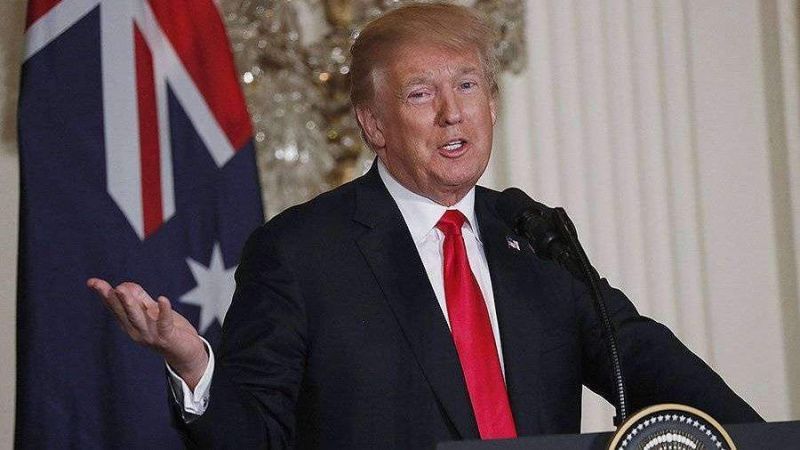Australian Farmers Wary of Potential Trump Tariffs Amid Global Trade Scrutiny

Upon returning to office, Mr. Trump announced he would decide by February 1 whether to implement a 25% duty on imports from neighboring Mexico and Canada. Instead of immediate trade restrictions, he has directed the commerce and treasury departments and the U.S. trade representative to investigate trade deficits and “unfair trade practices.” The administration has been tasked with recommending measures, including a potential global supplemental tariff, to address these deficits.
Good News for Australia—For Now
Analysts suggest that Australia’s 20-year-old free trade agreement with the U.S. provides some reassurance, but anxiety remains, particularly within the beef industry. Last year, Australian beef exports to the U.S. surged by 60% to 394,716 tonnes, making the U.S. Australia’s largest trading partner in a record-breaking year for beef exports. The U.S. also serves as a significant market for Australian sheep and goat meat.
Industry Advocacy and Government Efforts
Australian agricultural groups have intensified lobbying efforts, urging the Albanese government to carve out exemptions for Australian exports should new tariffs be imposed. David Jochinke, president of the National Farmers Federation (NFF), expressed support for proactive discussions with the Trump administration, highlighting the potential global impact of trade restrictions.
“The interests of Australian farmers are best served by a free and open global trading environment,” Mr. Jochinke said. “Any trade restrictions on agricultural exports to the U.S. would obviously cause disruptions for Australian producers.” He emphasized that the NFF and its members are engaging closely with government officials and monitoring potential repercussions in other key export markets.
Beef Sector Concerns
Stefan Vogel, general manager of RaboResearch Australia and New Zealand, noted growing concerns in the beef sector, particularly given the high volume of Australian imports as the U.S. cattle herd recovers from drought. “They’re importing a lot of Australian beef—more than our traditional top markets,” Mr. Vogel said. “The fear is what happens to our Australian beef. We don’t expect right now that the beef market will be hit with extra duties ... and we are a bit more relaxed after Mr. Trump said he’d investigate first before putting duties on.”
Mr. Vogel also pointed out that the weak Australian dollar could work in favor of avoiding tariffs, making Australian exports more competitive.
Broader Market Implications
ANZ agribusiness executive Michael Whitehead warned that duties on Canadian or Mexican agricultural goods could have ripple effects on global beef, canola, and wheat markets, potentially impacting Australia. However, Mr. Trump is likely to be cautious about measures that could raise food prices for U.S. consumers or alienate rural voters who supported his return to the White House.
As the Trump administration weighs its next steps, Australian farmers remain on high alert, hoping that their strong trade ties with the U.S. and proactive government advocacy will protect them from significant disruptions in one of their most important export markets.









